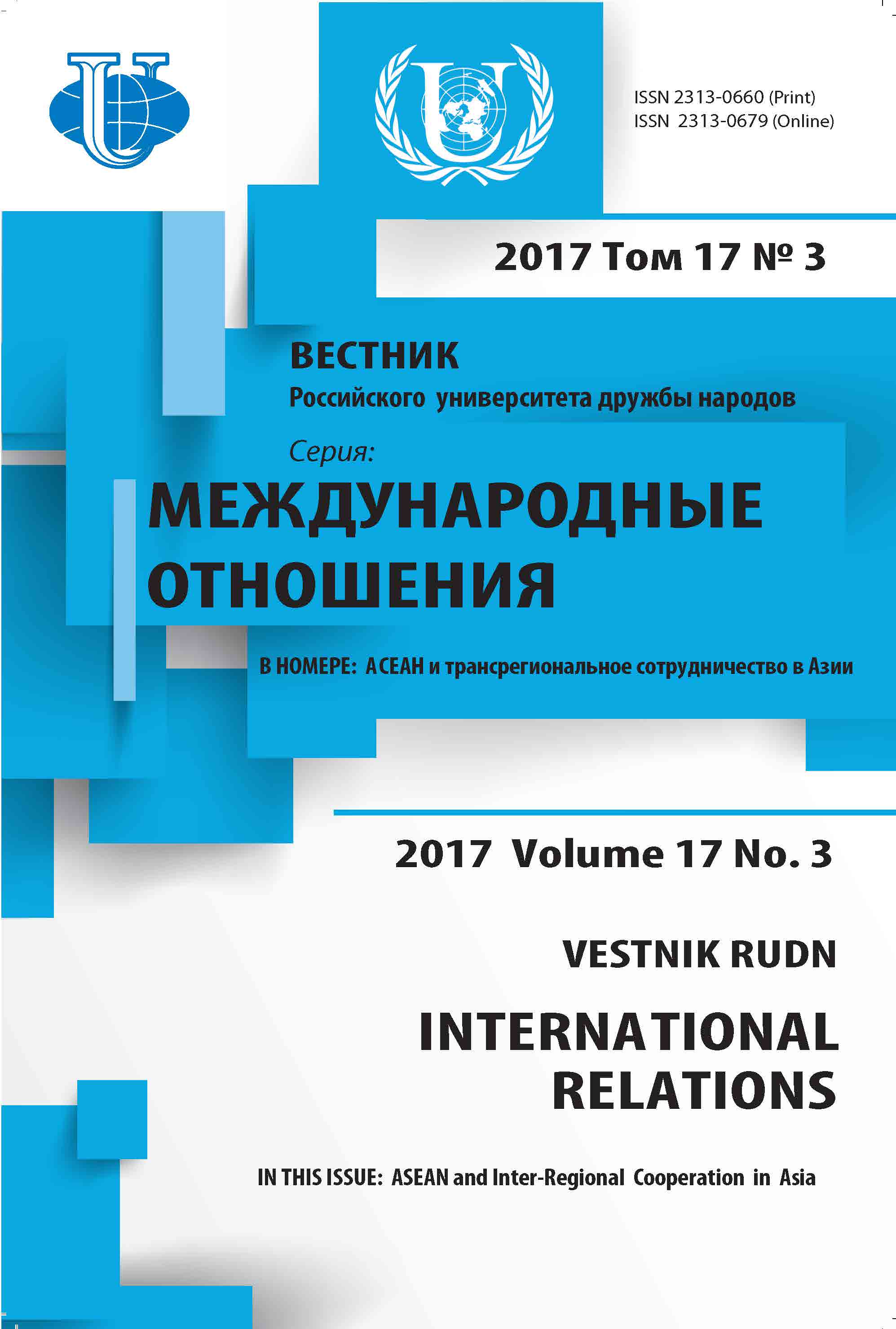详细
Dmitry Mosyakov, leading Russian expert on South-East Asia, graduated from the History and Philology Department of Institute of Asian and African Countries at Lomonosov Moscow State Uni-versity, majoring as an interpreter of the Khmer language in 1979. In 1979-1983 he studied in the post-graduate school of the Institute of Oriental Studies of the Academy of Sciences of the USSR. In 1983 he defended his thesis on the problems of the Pol Pot regime in Cambodia. He works for the Institute of Oriental Studies (IOS) since 1985. In 1991, he was trained at the Yale University (USA). In 1994 he defended his doctoral dissertation on the modern history of Cambodia. He is the organizer of the multi-year project “Monitoring of the Modern History of Southeast Asian Countries”, within which the IOS hosts the annual inter-institute conference and, according to the results of the conferences, its materials are published in the peer-reviewed academic journal “Southeast Asia: To-pical Problems of Development”. Dmitry Mosyakov is an editor-in-chief of this journal. He is also the head of the center of South-Eastern Asia, Australia and Oceania of IOS, a member of the Academic Council of the IOS. He is a member of the dissertation council for historical sciences at the IOS, Moscow State Uni-versity, and of the editorial board of the journal “Asia and Africa Today”. Since 2001 he is a Professor and the head of the department of regional studies at the Moscow Humanitarian University (part-time). In 2015, Dmitry Mosyakov was the provisional director of the IOS. Since 2013 he is a member of Editorial Board of Vestnik RUDN. International Relations. The interview includes following topics: the state of development of the South-East Asian studies in Russia and abroad, the perception of international processes in the region, the contemporary problems of the South-East Asia, and the cooperation of Russia and the Eurasian Economic Union countries and integration associations of the South-East Asia region. Describing the processes in the Southeast Asia, Dmitry Mosyakov emphasizes the scientific and practical relevance of the region's research for Russian science, he also draws attention to the possibility of the formation of the new civilizational identities and unique sociocultural processes in the countries of this part of the world.








